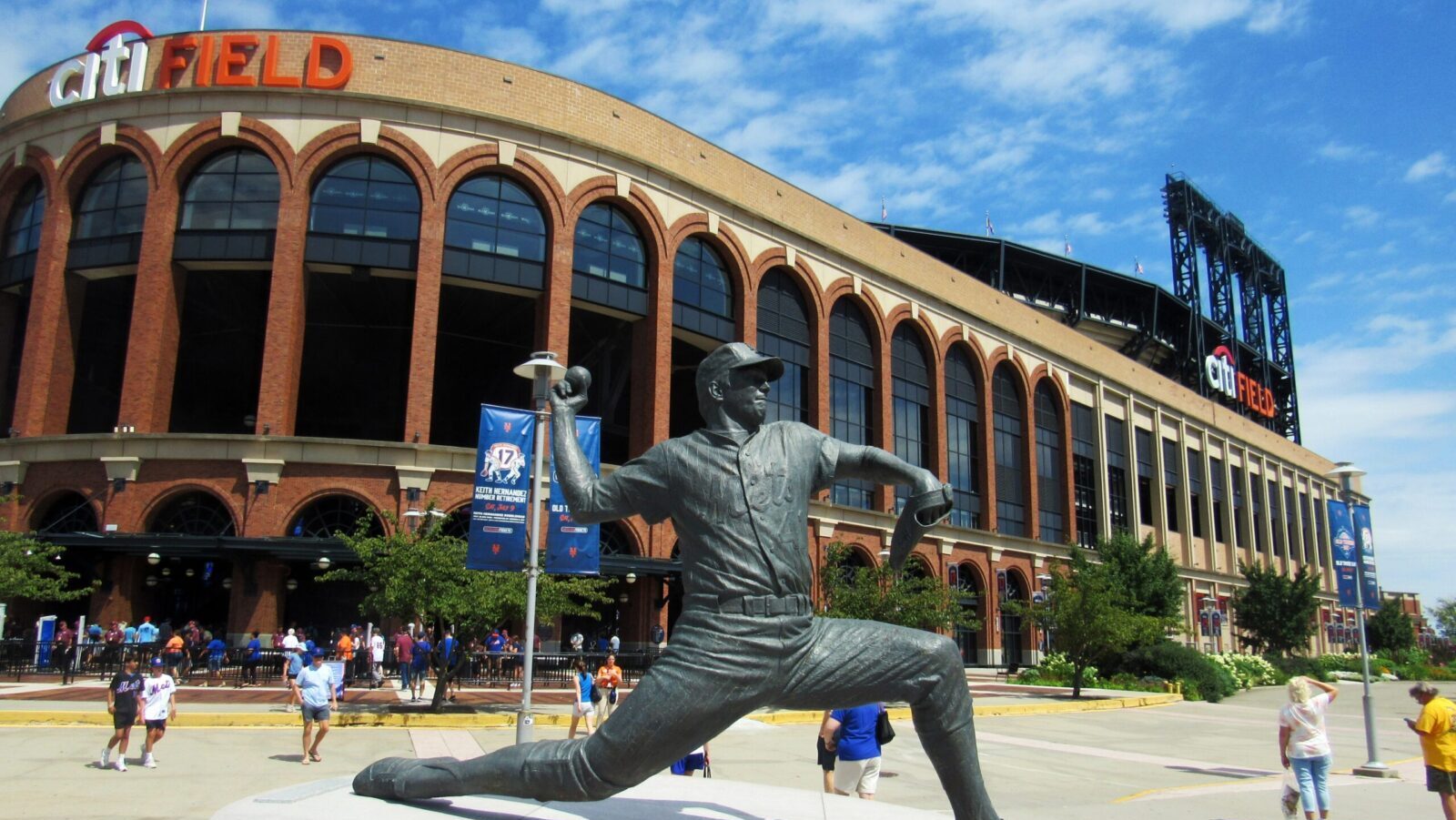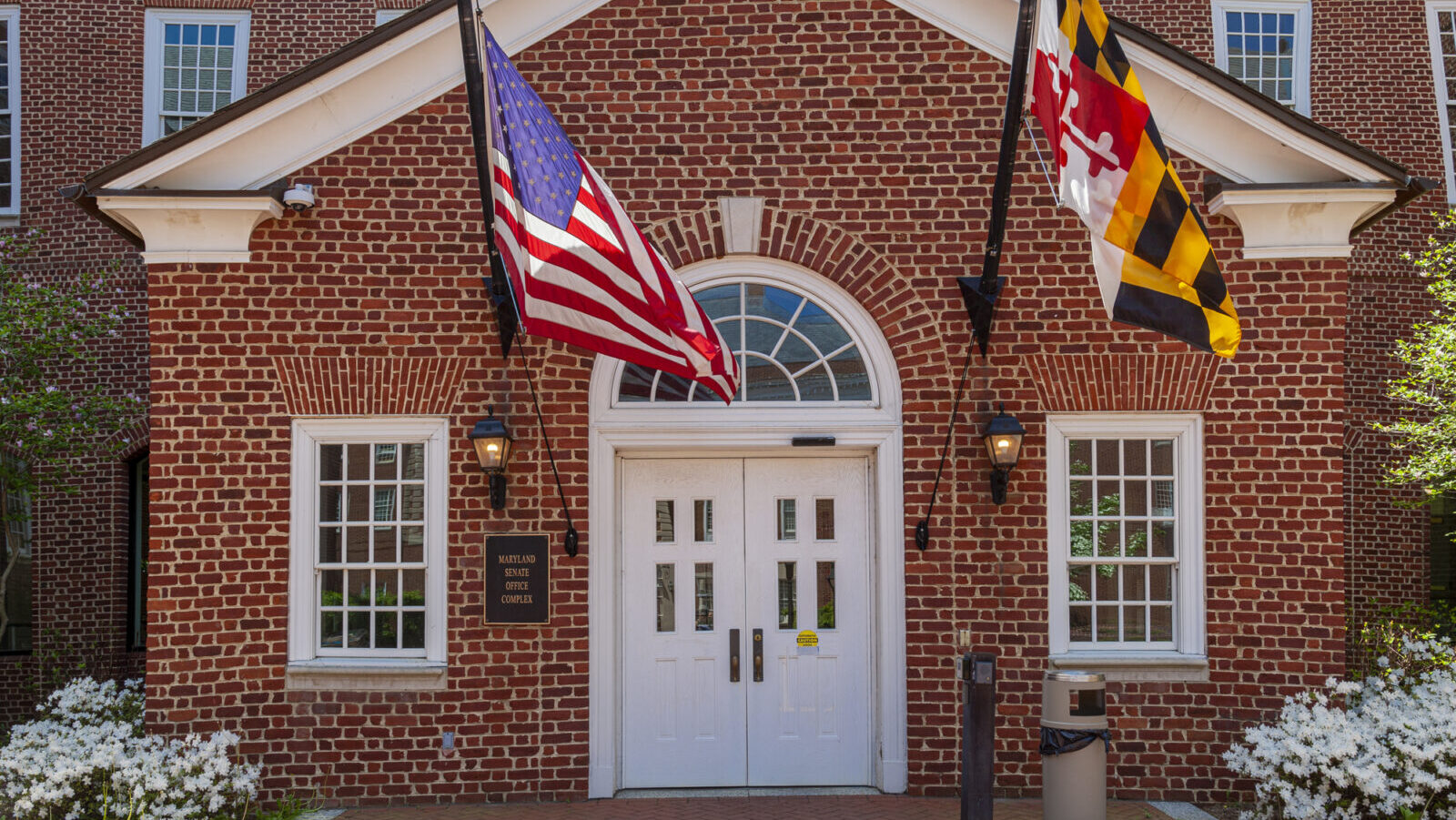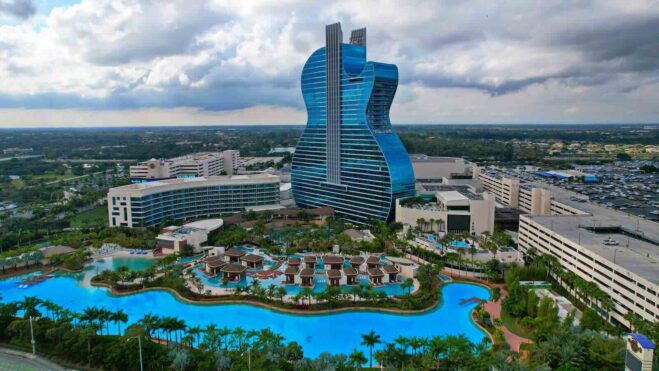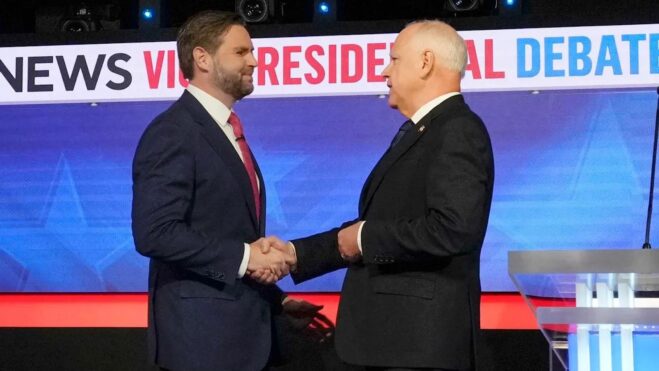Citi Field Casino Looks To Be Struck Out After Key Senator Voices Opposition
Plans for a casino at Citi Field in New York face a major obstacle, with a local senator announcing she won't support the project.
3 min

New York state Sen. Jessica Ramos has taken a definitive stance against the proposed casino at Citi Field, home of the New York Mets in Flushing Meadows–Corona Park in New York City’s borough of Queens. That decision could significantly alter the eventual downtown casino landscape, even as lawmakers try to accelerate the timeline.
At one time, Sen. Ramos, a Democrat of New York’s District 13, and Cohen, may have been viewed as allies. Cohen arrived as the new owner of the Mets, promising big investment into the team and the area. He developed a working relationship with Sen. Ramos that eventually led to some of those changes, including an increase in minor league baseball player salaries.
Sen. Ramos’s refusal to support the project spearheaded by Cohen is rooted in the belief that a casino is not the best way to generate income. She’s also concerned about the broader implications for land use and the community’s development.
“I’m resentful of him holding our entire community hostage by saying that it’s a casino or nothing,” Ramos said in an interview with New York Magazine. “Why should anybody just get their way like that when it’s a decision that is going to impact millions of people? This is actually public land. Our land.”
Cohen’s vision for the casino, part of a larger $8 billion development plan dubbed Metropolitan Park that involved Hard Rock International, promised to transform the area with a new entertainment complex, including a Hard Rock hotel, a live music venue, and gaming facilities. The plan also included substantial community investments such as 20 acres of new park space, five acres of community athletic fields and playgrounds, and a commitment to “climate-ready infrastructure.”
However, Ramos’ opposition is not without substantial reasoning. She has voiced concerns that the casino could lead to a sad state of affairs where gambling becomes a premier economic development strategy, overshadowing other potential and more sustainable community investments.
Too big a hurdle
Sen. Ramos’ rejection of the proposal is not only symbolic but significant for another reason — the legislative process required for the project to advance. The land designated for the casino is technically parkland, necessitating state approval for its reclassification for commercial use.
“I will not introduce legislation to alienate parkland in Corona for the purposes of a casino. Whether people rallied for or against Metropolitan Park, I heard the same dreams for Corona. We want investment and opportunity, we are desperate for green space, and recreation for the whole family. We disagree on the premise that we have to accept a casino in our backyard as the trade-off. I resent the conditions and the generations of neglect that have made many of us so desperate that we would be willing to settle.”
Sen. Jessica Ramos
The senator’s refusal to introduce the necessary legislation effectively blocks this path, reflecting her prioritization of community interests over the allure of the proposed economic benefits. Sen. Ramos’ stance is informed by a poll commissioned earlier in the year, which indicated little community support for the casino project. This opposition from the community, coupled with Ramos’ legislative influence, casts doubt on the future of the casino at Citi Field.
The implications of Ramos’ refusal are far-reaching. Without her backing, the project lacks a crucial advocate in the state legislature, which could significantly hinder its progress.
The refusal also sends a strong message about the power of local governance and the importance of aligning development projects with the community’s values and needs. While the casino promised thousands of jobs and a boost to the local economy, the opposition underscores the necessity of weighing such benefits against potential negative impacts on the community’s social fabric and long-term well-being.
Stiff competition ahead
In the broader context of New York’s economic development, Ramos’ decision represents a pivotal moment. It may give other contenders a greater chance of success whenever the process moves forward.
Bally’s Corp. has set its sights on the Bronx, specifically the former Trump Golf Links at Ferry Point. It’s enlisted a team of six lobbying firms, spending nearly $300,000 to champion the project. Bally’s emphasizes potential job creation and economic benefits for the Bronx, hoping to sway local sentiments.
A collaboration between Wynn Resorts and prominent real estate developer Related Companies/Oxford Properties Group would lead to a luxurious casino complex in Hudson Yards, Manhattan. Wynn Resorts isn’t afraid to spend, shelling out over $176,000 for lobbying efforts. Partnering with Related Companies, a major player in New York City development, adds weight to its bid.
While not directly vying for a new license, Resorts World NYC, owned by Genting Group, is a major player in the conversation. This existing Queens racino is a strong contender to convert into a full-fledged casino if awarded a downstate license.
Genting Group, which owns Resorts World-branded resorts in Las Vegas, Cyprus, and other locations, isn’t sitting idle. It remains the biggest spender on lobbying efforts in New York, spending over $5.5 million in 2022 alone. It has also hinted at being able to give at least $1 billion in taxes to New York if it’s able to win a casino license.
MGM Resorts International is in a similar situation. It stated last October that it wants to transform its Empire City Casino into a full-scale commercial casino. MGM also said that its casino would generate over $1 billion in economic benefit to the city.





